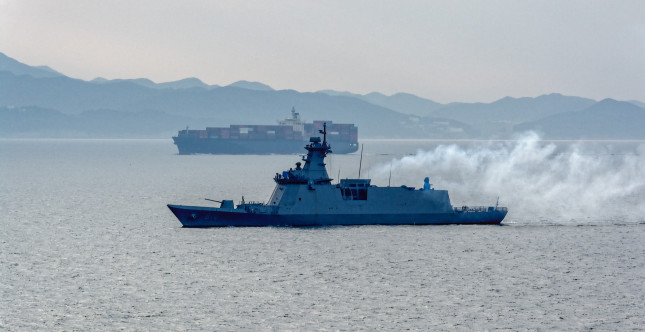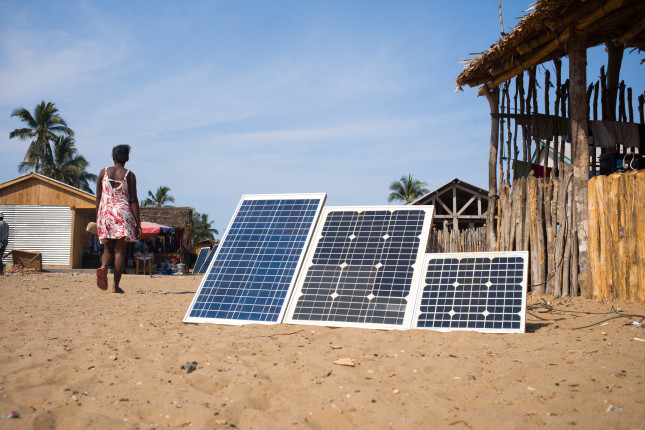-
ECSP Weekly Watch | September 4 – 8
›
A window into what we are reading at the Wilson Center’s Environmental Change and Security Program
Peace and Prosperity in the Sahel: Climate Security is Key
Liptako-Gourma is a landlocked region located on the borders of Burkina Faso, Mali, and Niger. It possesses significant mineral, water, and biodiversity resources, and strategically positioned for both economic opportunities and cultural exchange.
-
ECSP Weekly Watch | August 21 – 25
›
A window into what we are reading at the Wilson Center’s Environmental Change and Security Program
Deforestation Dynamics in Colombia: The Role of Armed Groups
A 29% drop in deforestation in Colombia in 2022 was labeled as a victory for President Gustavo Petro. Yet there is another reason behind the decrease. Armed groups, such as the Estado Mayor Central (EMC), have imposed logging bans in areas under their control, and levy fines amounting to 251 dollars per hectare.
-
El Niño and Militarized Fisheries Disputes in the East and South China Seas
›
Earlier this summer, the Armed Forces of the Philippines spotted dozens of Chinese fishing vessels in—or very near to—the Philippines’ exclusive economic zone. This influx occurred just weeks after the US National Oceanic and Atmospheric Administration announced, “El Niño is here.”
-
ECSP Weekly Watch | August 14 – 18
›
A window into what we are reading at the Wilson Center’s Environmental Change and Security Program
Thirst for Relief: Prolonged Drought Intensifies Afghanistan’s Humanitarian Crisis
Afghanistan is the world’s sixth most affected country by climate-related threats—and its present acute challenge is water scarcity, intensified by climate change. The country is heavily reliant on agriculture, which makes up a third of its GDP.
-
Charting Complex Currents: The Qush Tepa Canal and Central Asia’s Water
›
The riparian states of the Aral Sea Basin are experiencing growing water demands, land, and environmental degradation, aging and inefficient infrastructure, and the rapid melting of glaciers. These increasing challenges are compounded by the lack of an effective transboundary water governance system.
-
ECSP Weekly Watch | July 24 – 28
›
A window into what we are reading at the Wilson Center’s Environmental Change and Security Program
Fixing the World’s Broken Food Systems
The United Nations summit on the state of the world’s food systems took place in Rome, Italy, this week, building on the work of a previous convening in 2021. The meeting focused on the environmental impact of agriculture and making food production more sustainable.
-
Want to Beat Global Warming? Beat Global Indebtedness First
›
The world has a sobering debt problem. In the wake of the COVID-19 pandemic, Russia’s invasion of Ukraine, and the ensuing shocks to commodity prices, governments everywhere have borrowed enormous sums to promote stability and kickstart recovery.
-
ECSP Weekly Watch | July 17 – 21
›
A window into what we are reading at the Wilson Center’s Environmental Change and Security Program
Extreme Heat’s Toll on Pregnancy and Reproductive Health
Preliminary data collected by the World Meteorological Organization (WMO) shows that the first week of July 2023 was the hottest week on record. Recent global heatwaves also prompted a public health alert from the WMO concerning rising health risks.
Showing posts from category international environmental governance.







